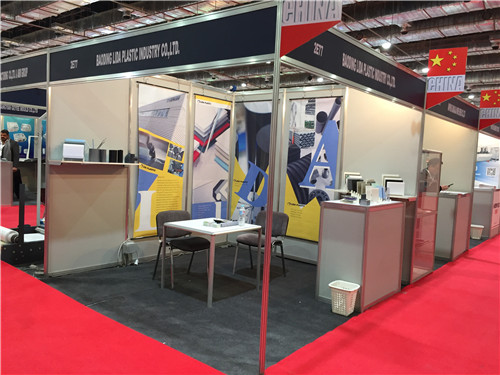Aug . 08, 2024 14:35 Back to list
Exploring the Versatility and Applications of PVC Plates in Various Industries and Sectors
The Versatility and Applications of PVC Plates
Polyvinyl chloride (PVC) is one of the most widely used synthetic plastic polymers in the world. Known for its durability, versatility, and cost-effectiveness, PVC has emerged as an essential material in various industries. Among its many forms, PVC plates stand out for their diverse applications and practical advantages.
What are PVC Plates?
PVC plates, also known as PVC sheets, are flat panels made from polyvinyl chloride. They come in various thicknesses, colors, and finishes, making them suitable for a range of applications. PVC plates are lightweight yet sturdy, resistant to chemicals, water, and corrosion, which makes them ideal for both indoor and outdoor use. Their non-toxic nature further adds to their appeal, especially in environments where safety is a priority.
Advantages of PVC Plates
1. Durability One of the primary benefits of PVC plates is their durability. They can withstand extreme weather conditions, making them suitable for use in outdoor environments. Unlike wood or metal, they do not rot, rust, or corrode, ensuring a longer lifespan and reduced maintenance costs.
2. Versatility PVC plates can be used in various applications, including construction, signage, packaging, and even crafting. They can be easily cut, shaped, and thermoformed, providing endless possibilities for customization.
3. Cost-Effectiveness Compared to materials like aluminum, steel, or glass, PVC plates are generally more affordable. Their low cost makes them an attractive option for both large-scale industrial projects and small DIY projects.
4. Easy to Clean PVC plates can be easily cleaned with soap and water, making them ideal for applications where hygiene is a priority, such as in the food industry or medical settings. Their smooth surface prevents the accumulation of dust and bacteria.
pvc plate

5. Insulation Properties PVC is a good insulator of electricity and heat, making PVC plates an excellent choice for electrical insulation and thermal protection.
Applications of PVC Plates
The applications of PVC plates are vast and varied. In the construction industry, they are often used for cladding, partitions, and roofing materials. Their waterproof nature makes them suitable for bathrooms and kitchens, where moisture resistance is essential.
In signage, PVC plates are frequently used for making indoor and outdoor signs due to their ability to be printed on and their resistance to fading. Advertisers favor PVC sheets for their vibrant colors and weather-resistant properties, ensuring that promotional materials last longer.
The packaging industry also utilizes PVC plates to create durable, transparent packaging solutions. This is especially relevant for food products, where visibility and protection are equally important.
Moreover, artists and hobbyists have discovered the potential of PVC plates in crafting. They can be painted or printed, allowing for creative expression in various projects, from home décor to custom promotional items.
Conclusion
PVC plates represent a perfect blend of durability, versatility, and affordability. Their unique properties make them suitable for countless applications across various industries. As technology continues to evolve and new formulations of PVC are developed, the potential uses for PVC plates will undoubtedly expand. Whether in construction, signage, packaging, or crafting, PVC plates are an indispensable material that meets the demands of modern life.
-
High-Quality PPR Pipes and Fittings Durable ERA PPR & PVC PPR Solutions
NewsJul.08,2025
-
Black HDPE Cutting Board - Durable, Non-Porous & Food Safe HDPE Plastic Cutting Board
NewsJul.08,2025
-
High-Quality CPVC Panel Durable HDPE & PVC Panels Supplier
NewsJul.08,2025
-
Double PE Welding Rod Supplier - High Strength, Durable & Versatile Welding Solutions
NewsJul.07,2025
-
High-Quality PVC-O Pipe Supplier Durable 75mm PVC Pipe & Connections Leading PVC Pipe Company
NewsJul.07,2025
-
HDPE Drainage Pipe Supplier – Durable & Corrosion-Resistant Solutions
NewsJul.06,2025

